BAJURA: On a quiet Saturday morning, a village in Bajura district came alive with cheers, music, and celebration as something historic rolled into Kolti for the first time—three buses. For decades, the people of this remote village had dreamed of better transportation, and now that dream had finally come true.
The buses, decorated with colorful flags and garlands, were met with a mix of excitement and disbelief. Women sang traditional songs, children ran alongside, and drums echoed through the village square.
Among the crowd stood 74-year-old Nandaram Bista, who had seen Kolti’s first airplane land four decades ago. Now, he watched as a bus arrived, something he said felt “like a miracle.”
“We’ve been waiting so long for this day,” Bista said. “This isn’t just a bus; it’s a chance to connect with the rest of the world.”
A long road to Kolti
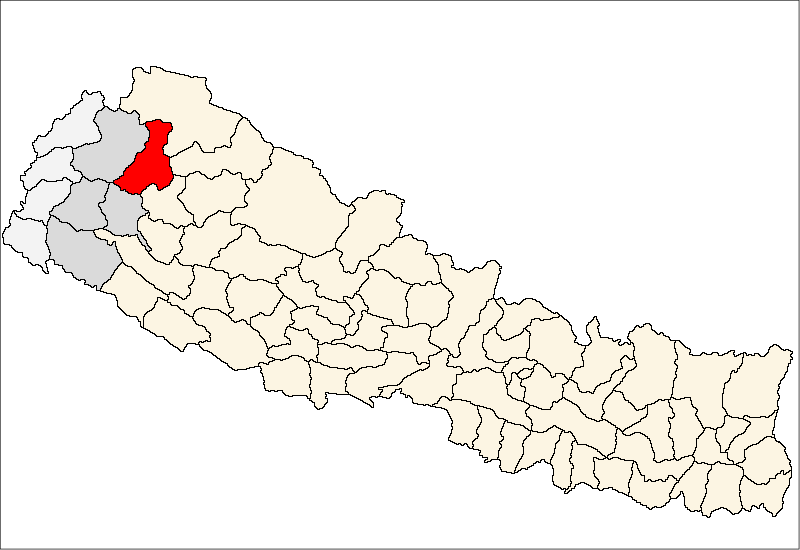
The arrival of the buses marks a major milestone in a project that began nearly 25 years ago. The Martadi-Kolti-Kawadi road was first proposed in 2000 as part of the World Food Program’s “Food for Work” initiative.
Villagers were paid in food to build parts of the road, but progress was slow. It wasn’t until 2021, when the project was prioritized by provincial and federal governments, that significant work was done.
Even now, challenges remain. Though parts of the 42-kilometer road have been blacktopped, the lack of bridges over key rivers could make year-round bus service difficult.
Freedom of mobility
The first buses—two from Mahakali Yatayat and one from Shivpuri Yatayat—were welcomed with ceremonies and a crowd that filled Kolti Chaur, the village’s main square. Local leaders gave speeches, musicians performed, and rituals were conducted to mark the occasion.
“For years, we’ve been cut off, relying on expensive jeeps or unpredictable flights,” said Pradeep Raj Jaishi, a local leader. “This changes everything.”
For drivers like Bheshraj Regmi, the experience was equally emotional. “I’ve been driving buses for years, but the way people welcomed us here—I’ve never seen anything like it,” he said.
A new connection
Kolti serves as a key hub for the northeastern parts of Bajura, home to health centers and markets. Until now, transportation options were limited to costly jeep rides or infrequent flights. The new bus service provides a far more affordable option, with fares from Martadi to Kolti set at Rs 500, a fraction of what residents paid for jeep rides.
“This will make it so much easier for people to access healthcare and markets,” said Mayor Janak Kumar Bohara of Budhinanda Municipality. “It’s not just about convenience—it’s about improving lives.”
The buses also connect Kolti to the Karnali Corridor, opening up possibilities for trade and easier movement between villages.
Work in progress
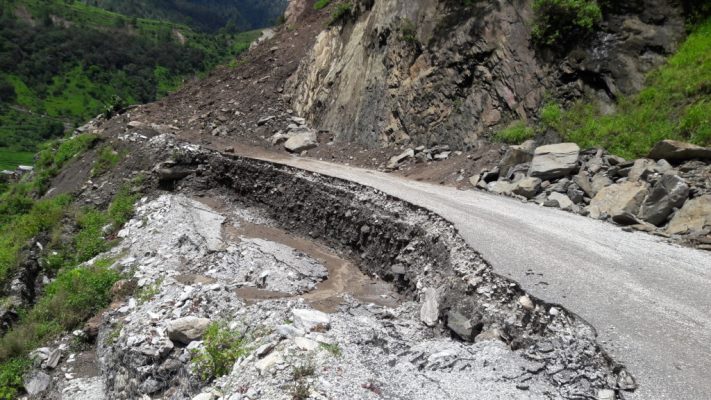
While the buses’ arrival is a big step forward, there are still hurdles to overcome. Without concrete bridges over rivers like Bauli, Anai, and Dansanghu, the road may be impassable during the monsoon season.
“The road needs more work, and we’re pushing for faster completion,” said Bohara. “But this is a start, and that’s what matters.”
For the people of Kolti, the buses represent more than just a new way to travel—they symbolize progress and hope. They bring the promise of better access to education, healthcare, and opportunities that were once out of reach.
As the buses prepared to make their return journey, villagers stayed behind, taking photos, laughing, and soaking in the moment.
The hum of the engines signaled the start of a new chapter for Kolti—a chapter where the village is no longer a forgotten dot on the map but a place on the move.


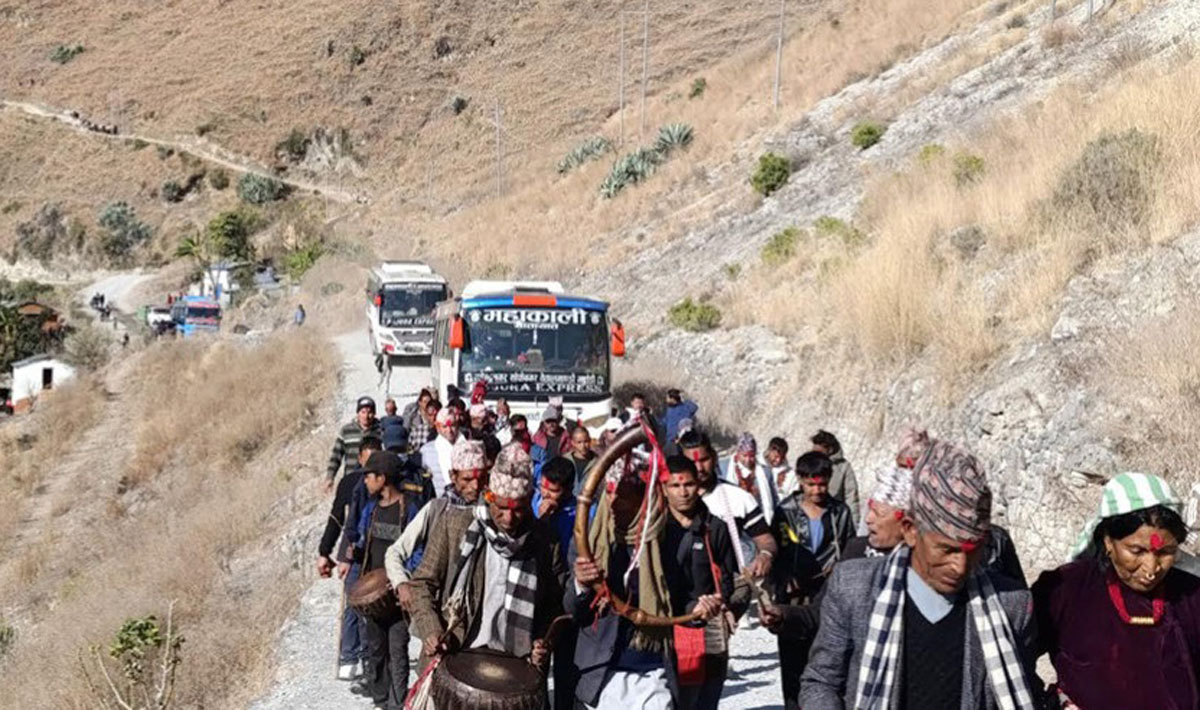


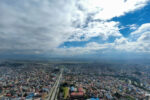

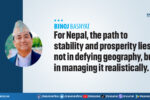

Comment